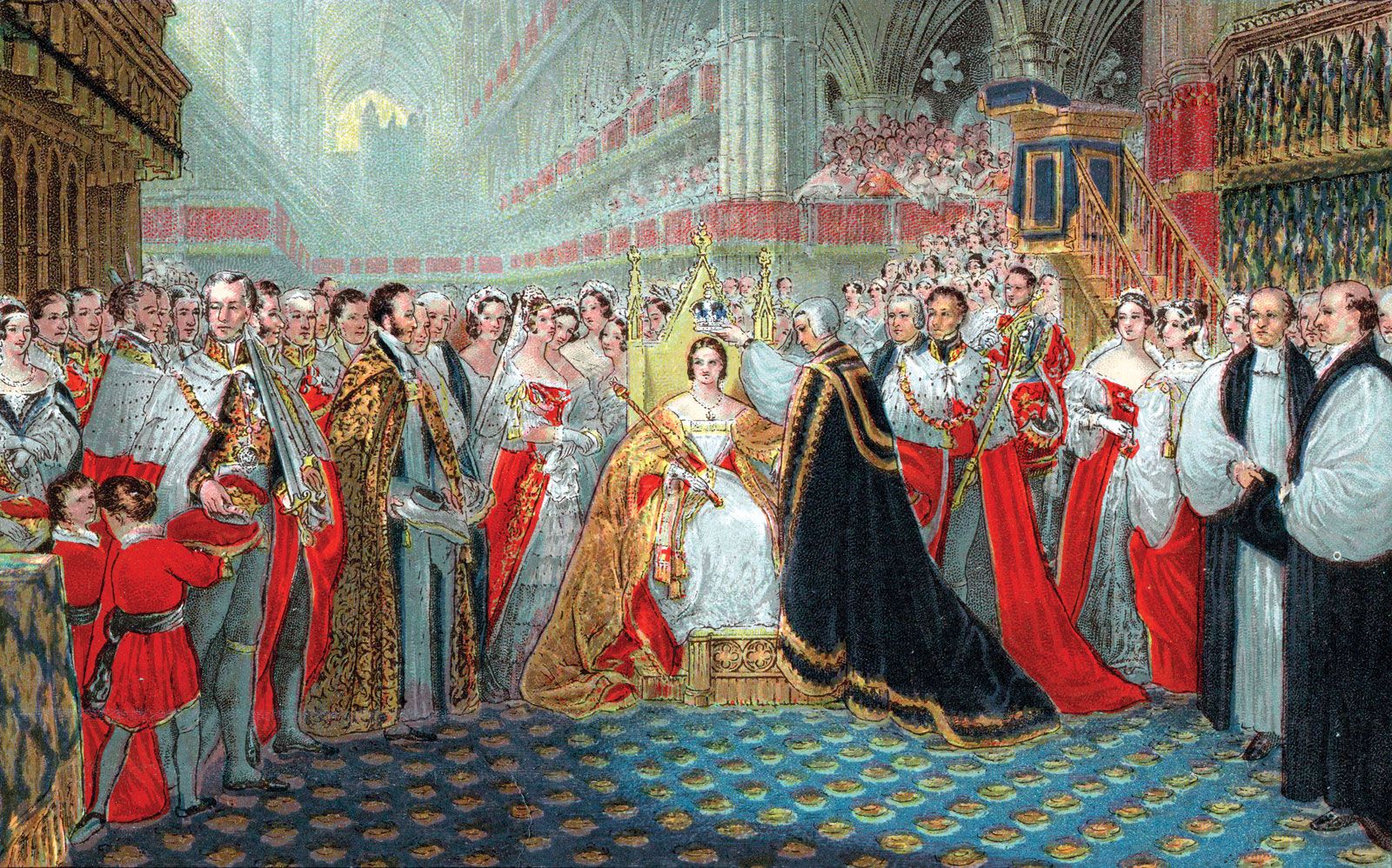
# **Investigating Variations in Reaction Time Through Generations: What Insights Can Historical Data Provide Regarding Cognitive Ability?**
For over a century, psychologists have been assessing reaction times, utilizing variations in response rate under different situations to deduce disparities in cognitive processing. Nevertheless, historical data on reaction times also offers an intriguing avenue to observe cognitive shifts across generations and analyze enduring patterns in human cognitive ability.
## **The Foundations of Reaction Time Research**
Research on reaction time (RT) as a psychological metric traces back to the 19th century, predating the formal establishment of psychology as a scientific field. One of the earliest comprehensive data collections on reaction times was conducted by Sir Francis Galton, a prominent statistician and eugenicist, who sought to use reaction time as a measure of individual differences—especially regarding intelligence variations. Galton theorized that quicker reaction times signified faster cognitive processing and could therefore be linked to elevated intelligence levels.
At the close of the 19th century, Galton amassed reaction time data from 3,410 participants utilizing a basic mechanical device. His contributions established the groundwork for subsequent investigations into cognitive speed and intelligence, shaping studies aimed at understanding the correlation between reaction time and mental prowess. However, this historical data raises a compelling inquiry: how do contemporary reaction times stack up against those recorded during the Victorian era?
## **Reaction Time Patterns Over the Last Century**
Numerous studies have sought to juxtapose Galton’s reaction time measurements from the 19th century with those collected from modern participants. A significant investigation conducted by Silverman (2010) contrasted RTs from 14 studies published since 1941 with Galton’s initial findings. The outcomes revealed that, barring one exception, reaction times in contemporary participants were consistently slower than those noted by Galton. This pattern indicates a decrease in reaction speed over the last century.
Further analysis by Woodley, te Nijenhuis, and Murphy (2013) identified a similar trend. Their study analyzed various datasets and concluded that reaction times had diminished by approximately **20 milliseconds over 100 years**, corresponding to a **10% reduction** in speed. Their later research (Woodley et al., 2015) offered additional corroborative evidence, showcasing a continual decrease in reaction times throughout the past century.
As reaction time is frequently viewed as an indicator of cognitive efficiency, these results prompt inquiries about whether contemporary humans have experienced a decline in cognitive abilities over time. Does this observable slowing signify a genuine drop in intelligence, or might there be alternative explanations?
## **Comparing Reaction Time Trends to the Flynn Effect**
The trend of slowing reaction times across generations forms an intriguing juxtaposition with another well-documented cognitive phenomenon—the **Flynn Effect**. The Flynn Effect denotes the persistent rise in IQ scores across generations, with gains of about **3 IQ points per decade**. The contradiction between diminishing reaction times and increasing IQ scores presents a paradox: If reaction time is associated with intelligence, how can intelligence scores rise while reaction time declines?
This inconsistency has incited a variety of theoretical explanations. Some researchers contend that **reaction time gauges a different facet of intelligence** compared to conventional IQ assessments. While IQ scores on standardized evaluations often illustrate enhancements in abstract reasoning, education, and problem-solving abilities, reaction time may be more reliant on **biological processing speed**, which could be affected by factors such as **health, nutrition, and environmental shifts**.
## **Potential Reasons for Slower Reaction Times**
If modern individuals truly exhibit slower reaction times than their Victorian peers, what might account for this phenomenon? Several hypotheses have been suggested:
### **1. A Decrease in Cognitive Capacity?**
Certain researchers argue that decreased reaction times might signify a general decline in biological intelligence. Woodley et al. (2013) proposed that since intelligence and reaction time are interrelated, the noted slowdown could indicate a reduction in overall cognitive ability over time.
Nonetheless, this assertion remains contentious. The Flynn Effect challenges the notion of declining intelligence, and **modern humans arguably experience greater cognitive stimulation than ever before**, attributed to education, digital technology, and complex occupational environments.
### **2. Elevated Cognitive Load**
Another theory postulates that modern individuals encounter **increased cognitive demands** in their everyday lives. The **emergence of multitasking, incessant digital distractions, and information overload** may lead people to engage in tasks that require **greater cognitive effort**, leaving fewer resources available for rapid, reflexive responses typical in reaction time assessments.
### **3. Variations in Motivation and Experimental Conditions**
In contrast to Galton’s participants, contemporary subjects partake in laboratory environments where levels of motivation and engagement can fluctuate. It’s conceivable that **Victorian subjects were more accustomed to tasks demanding focus and swift reactions**, and their reaction times represented a different engagement level.
Additionally, **variances in research methodologies** are significant. While some modern investigations have endeavored to replicate Galton’s experiments as